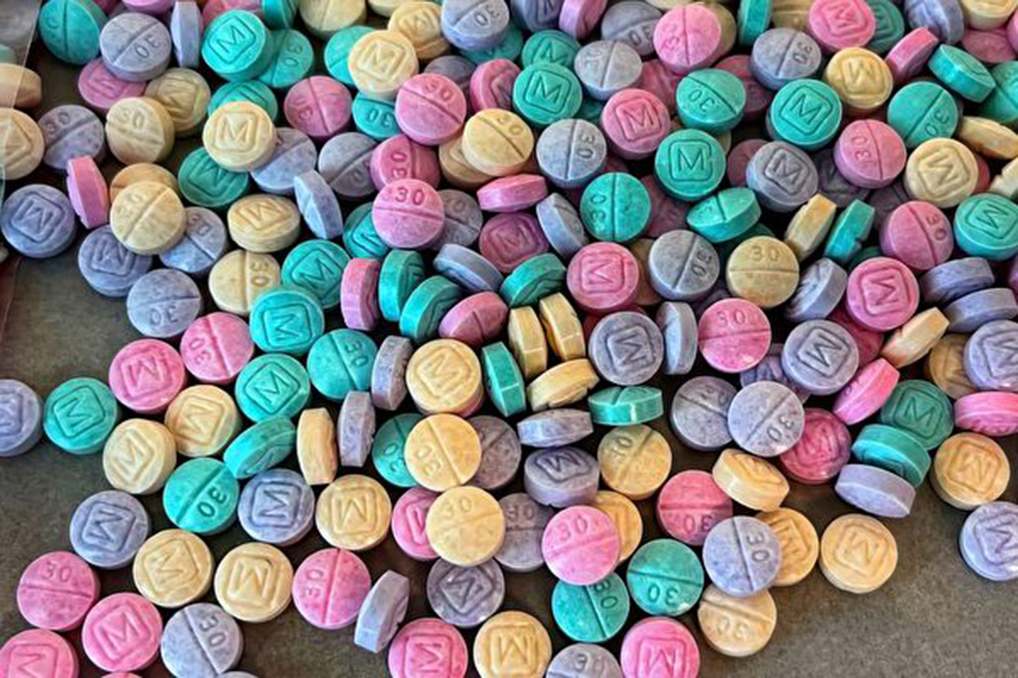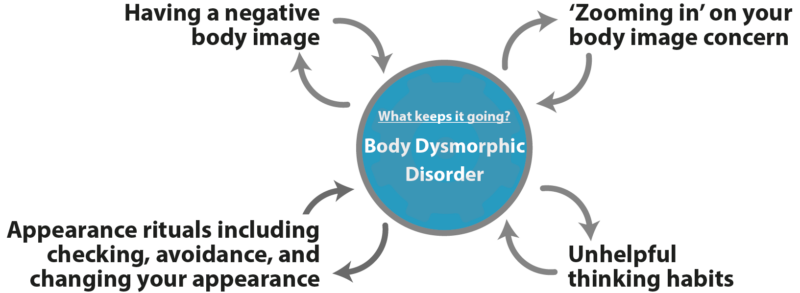Belladonna is a poisonous plant that grows in parts of Asia, Europe, and the United States. Despite its toxicity, it has been used historically to address various health issues.
This plant contains compounds such as scopolamine and atropine, two natural products with certain medicinal properties. Belladonna has been used to treat conditions like irritable bowel syndrome (IBS), headaches, and the common cold.
However, belladonna is not a common ingredient in modern medications. Due to the lack of research and safety concerns, never take belladonna on your own. Also, avoid taking medications containing belladonna, especially without the approval of a healthcare provider.
Irritable bowel syndrome (IBS) is a chronic health disorder that affects the gastrointestinal (GI) system. Its symptoms include stomach pain, cramps, diarrhea, constipation, and bloating. In the past, medications containing belladonna were used to relieve the stomach cramps caused by IBS.
These medications can reduce gastric motility (the movement of food through the GI system) and control stomach acid. Nevertheless, recent research has not found conclusive evidence that belladonna can improve IBS symptoms.
Kidney stones are hard deposits that form in the kidneys and can accumulate in the urinary tract. They can grow larger and obstruct the normal urine flow in the kidneys. Common symptoms of kidney stones include pain, blood in the urine, and nausea. Before the 1930s, prescription medications containing belladonna were used to relieve the pain caused by kidney stones.
Currently, this method is no longer considered an effective treatment for kidney stones. Further research is needed to understand the effectiveness and safety of using belladonna - based medications.
Belladonna has a high - risk profile, which greatly limits its use as a medicine. However, researchers believe that belladonna may have some therapeutic effects on certain health conditions.
The health conditions that researchers are interested in treating with belladonna include:
Asthma
Hemorrhoids
Parkinson's disease
Rheumatoid arthritis
However, there is very little reliable research demonstrating that belladonna can safely and effectively treat these diseases. With the continuous progress of medicine and healthcare, safer drug options than belladonna have emerged.
Belladonna is generally taken orally. In addition, topical application (applied to the skin), rectal administration, and eye drops are also common methods. A healthcare provider may prescribe belladonna, but due to the associated risks, they usually do not.
Since belladonna is not the safest drug option, there has been relatively little research on its dosage. If you are considering taking a medication containing belladonna, consult your healthcare provider first. Never take it alone, as belladonna contains toxins.
The U.S. Food and Drug Administration (FDA) has issued warnings against the use of belladonna, especially in baby teething products.
Serious side effects in infants after taking these products include seizures, breathing difficulties, and restlessness. In some cases, the use of belladonna can even be life - threatening. Despite these warnings, products containing belladonna, including teething products, can still be purchased over - the - counter (OTC).
There are also reports that eye drops containing belladonna can cause glaucoma and anisocoria (unequal pupil size). In these reported cases, the affected patients used OTC eye drops for general eye care.
Due to the toxicity of belladonna, it is not recommended for pregnant or breastfeeding women. Belladonna can also reduce milk production.
As a plant, belladonna is toxic but is often used as an anticholinergic drug. Anticholinergic drugs work by blocking the neurotransmitter acetylcholine (ACh) to treat muscle spasms and other health problems. When belladonna is used in combination with certain drugs, it increases the risk of side effects.
The known drug interactions related to belladonna are as follows:
Anticholinergic drugs: When belladonna is taken together with other anticholinergic drugs, it may increase the risk of side effects. Anticholinergic side effects may include confusion, difficulty urinating, blurred vision, and constipation. Examples of anticholinergic drugs include AtroPen (atropine), Dartisla (glycopyrrolate), diphenhydramine (Benadryl), and Ditropan (oxybutynin).
Propulsid (cisapride): Belladonna may reduce the beneficial effects of cisapride, a drug used to treat heartburn. Belladonna contains atropine, which can prevent cisapride from helping with gastrointestinal motility.
If you decide to use a product containing belladonna, there are many factors to consider. The FDA generally does not evaluate the approval of supplements. Some supplements may contain additional ingredients not listed on the label.
You can look for supplements tested by independent third - party organizations to ensure the accuracy of the ingredients listed on the supplement bottle. Well - known organizations that provide third - party testing include the United States Pharmacopeia (USP) and NSF International.
Over - consumption of belladonna is possible. Adults taking 10 belladonna berries or children taking 2 belladonna berries may experience symptoms of belladonna poisoning. Before taking a supplement containing belladonna, be sure to consult a healthcare provider. The FDA does not regulate supplements containing belladonna, and the actual belladonna content may exceed the amount listed on the label.
Over - consumption of belladonna may cause symptoms such as increased heart rate, hallucinations, coma, and other life - threatening symptoms.
Even at low doses, side effects may occur when taking supplements containing belladonna. Potential side effects include:
The FDA warns that belladonna can be dangerous for certain populations, especially infants and children.
The chemicals in belladonna can affect the nervous system and lead to changes in various body functions, including digestive function, heart rate, and blood pressure.
Therefore, belladonna is no longer a commonly used alternative therapy or medicine.
Belladonna is a poisonous plant that can cause poisoning in humans. Although there is evidence that belladonna was used in medicine in the past, due to risks and lack of research, it is now less commonly used.
Taking belladonna can affect the nervous system, and it is especially dangerous for infants and children. If you are considering using a supplement containing belladonna ingredients, consult your healthcare provider.








